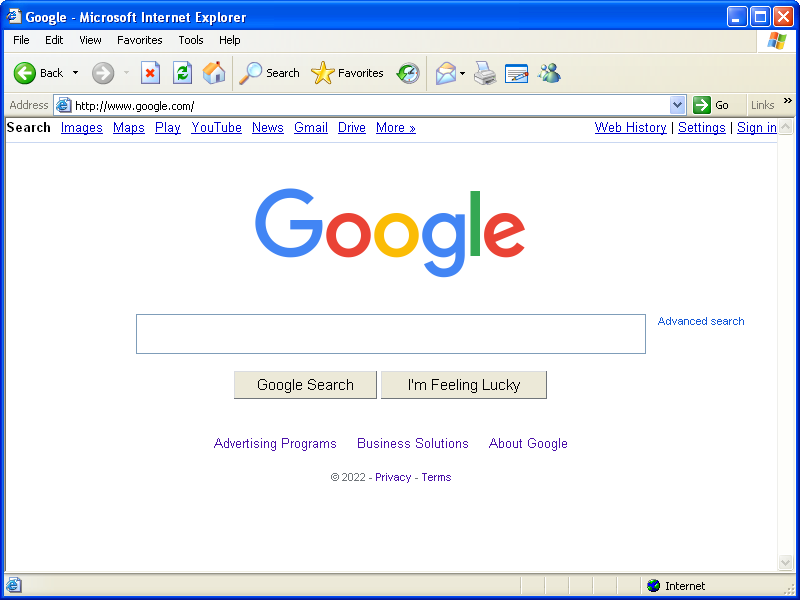

- INTERNET EXPLORER COOKIE VIEWER UPDATE
- INTERNET EXPLORER COOKIE VIEWER WINDOWS 10
- INTERNET EXPLORER COOKIE VIEWER WINDOWS 8.1
Additional mechanisms for exercising choiceĬookies, pixel tags and similar technologies (collectively "Cookies") are files containing small amounts of information which are stored by your browser on any Internet-enabled device – such as your computer, smart phone, or tablet – when you visit a website.Session cookies will be shared from Microsoft Edge to Internet Explorer. Share session cookies to and from Microsoft Edge and Internet Explorer. Share session cookies from Internet Explorer to Microsoft Edge. Share session cookies from Microsoft Edge to Internet Explorer. (Optional) The source-engine attribute specifies how the session cookies are shared between Microsoft Edge and Internet Explorer. If a cookie matches a rule with a path, that takes precedence over a rule without a path. If a path is specified, it must be an exact match. If no path attribute is specified (or if the path attribute is empty), any cookies matching domain/host and name match the policy, regardless of path (wildcard rule). (Optional) A path attribute may be specified. Some classes of URLs such as single-word hostnames (for example, and IP addresses (for example, ) can only set host-only cookies. If a domain wasn't specified in the cookie string, the cookie is a host-only cookie and only applies to the specific host that it was set for. A domain cookie applies to the specified domain and all subdomains. * A cookie is a domain cookie if a domain was specified in the cookie string (via HTTP Set-Cookie response header or okie JS API). Specifying neither or both will result in an error. The host attribute is used for host-only cookies (and a leading dot is an error). The domain attribute is used for domain cookies (and a leading dot is allowed but optional). These attributes must be exact matches to the cookie's domain and name respectively. (Required) A element requires, at minimum, a domain (for domain cookies) or a host (for host-only cookies) attribute and a name attribute. The following table describes the element added to support the cookie sharing feature. The set of shared cookies is also reevaluated when the site list is updated.
INTERNET EXPLORER COOKIE VIEWER UPDATE
After that, anytime a cookie that matches a rule is added, deleted, or modified it's sent as an update to the Internet Explorer session. The first time an Internet Explorer mode tab is created in a Microsoft Edge session, all matching cookies are shared to the Internet Explorer session. The Enterprise Mode site list XML is extended to allow more elements to specify session cookies that need to be shared between Microsoft Edge and Internet Explorer. Persistent cookies, which have been created with an Expires-attribute, are not in scope for this feature and cannot be shared between Microsoft Edge and Internet Explorer. In these scenarios, you can configure specific cookies set by SSO to be sent from Microsoft Edge to Internet Explorer so the authentication experience becomes more seamless by eliminating the need to reauthenticate. For example, when a user has to reauthenticate in Internet Explorer mode or when signing out of a Microsoft Edge session doesn’t sign out of the Internet Explorer mode session.
INTERNET EXPLORER COOKIE VIEWER WINDOWS 10
INTERNET EXPLORER COOKIE VIEWER WINDOWS 8.1

This article applies to Microsoft Edge version 87 or later.


 0 kommentar(er)
0 kommentar(er)
